Momentum is growing across Nigeria for women’s empowerment and inclusive development, driven by the leadership of Hajiya Imaan Sulaiman-Ibrahim, Minister of Women Affairs. Over the weekend in Lagos, key stakeholders, philanthropists, and women leaders gathered at an event hosted by Women in Philanthropy and Impact Africa (WIPIA) to celebrate the Ministry’s strides and pledge continued support. With impactful programmes already transforming lives, the message was clear: investing in women is essential to national progress. Chiemelie Ezeobi reports
Across Nigeria, momentum is building behind a growing movement to empower women, uplift girls, and protect vulnerable populations. At the forefront of this transformation is the Federal Ministry of Women Affairs led by the Minister of Women Affairs, Hajiya Imaan Sulaiman-Ibrahim, who has launched a suite of impactful programmes aimed at economic empowerment, gender equality, and inclusive development.
Therefore, over the weekend in Lagos, prominent women leaders, philanthropists, and stakeholders came together to celebrate this progress—and to commit to doing more.
Hosted by Women in Philanthropy and Impact Africa (WIPIA), the event brought together powerhouse voices from business, development, media, and civil society to recognise the work being done under the Renewed Hope Agenda of President Bola Ahmed Tinubu, and to throw their weight behind the leadership of the Minister of Women Affairs, Hajiya Imaan Sulaiman-Ibrahim.
Real Progress, Tangible Impact
Under her stewardship, the Ministry has introduced ambitious initiatives focused on women’s economic empowerment, improving access to finance, providing capacity-building opportunities, and creating mentorship platforms. A major component of the Ministry’s work is dedicated to advancing girls’ education through scholarships, school retention programmes, and partnerships with stakeholders to scale impact nationwide.
She highlighted a number of key programmes, including the revitalisation of the Nigerian for Women Project, which is directly empowering women across local communities with training, grants, and support to grow sustainable businesses. Another is the establishment of high-level committees to review and update the 18-year-old Child Rights Act, aligning Nigeria’s laws with global standards on children’s protection and welfare.
Efforts to address sexual and gender-based violence (SGBV) have also been expanded, just as she noted that the ministry is working with state governments, security agencies, and advocacy groups to support survivors, strengthen the justice system, and provide psychological services.
“These programmes are not just about policy—they’re about people,” she said. “We are building systems that allow women and girls to thrive, to be safe, and to lead. Nigerians can build a brighter future for women and girls, enabling them to reach their full potential and contribute to the country’s growth, prosperity, and the Renewed Hope Agenda of President Tinubu”.
Powerful Voices, United Purpose
In a show of solidarity, some of the country’s most influential women praised the Minister’s leadership and called for greater support for the Ministry’s work. Among them was renowned business magnate and philanthropist, Bola Shagaya, who described the Minister’s approach as both strategic and compassionate.
“The minister’s commitment to creating opportunities for women is truly commendable,” Shagaya said. “As someone who has always supported women’s empowerment, I pledge to stand with her and the Ministry in this important work.”
Shagaya, the founder and CEO of Bolmus Group International, highlighted the centrality of economic empowerment to gender equality, noting that inclusive development must prioritise women-led businesses and financial access for underserved groups.
Erelu Abiola Dosunmu, a respected royal and elder stateswoman, also lauded the Minister’s vision. “Her efforts in promoting women’s welfare are remarkable. This is a legacy of true service, and I believe her impact will be long-lasting.”
From the private sector, Bola Adesola, Chair of Ecobank Nigeria, commended the Ministry’s work and emphasised the need for collaboration. “The private sector must be intentional in supporting the gender agenda. We have a responsibility to stand beside leaders like the Minister and amplify their work.”
Claire Omatseye, Founder and Managing Director of JNC International, added: “Sustainable development cannot happen without empowering half the population. It’s time for us to collaborate across the board.”
Also present were Dr. Kemi Ibru Da Silva, Founder of WARIF, who praised the Ministry’s response to gender-based violence; Dr. Princess Kelechi, Chief Executive of City FM; and Mabel Makun, alongside other notable figures who echoed their commitment to the cause.
Bridging Policy and Philanthropy
The gathering was not only a celebration but a strategy session—anchored in the belief that progress must be accelerated. Chair of WIPIA, Dr. Anino Emuwa, delivered a address that called for deeper partnerships between government, philanthropy, and the private sector.
“It is an honour to be here with such a powerful room of leaders from government, business, philanthropy, and civil society to celebrate the Honourable Minister—Honourable Imaan Sulaiman-Ibrahim—for her visionary leadership and to support her critical work to advance women and girls in Nigeria,” Emuwa said.
“This is not the time to retreat. It is the time to push forward—boldly, collectively, and with greater resolve,” she continued. “Let us not leave here with just ideas. Let us leave with commitments. WIPIA stands ready to partner with the government, private sector and philanthropists—to catalyse the mobilisation of funding, to convene decision-makers, and support Nigeria’s leaders and policymakers on this journey.”
A National Agenda with Global Relevance
Also pledging their support were MTN Nigeria Chairman, Engr Ernest Ndukwe; Mark Okoye, CEO of the South East Development Commission; Allen Doja of City FM; and Hajiya Sa’adatu, wife of the late Senator Shehu Musa. Their presence reflected a broad coalition of support for women-centred policymaking across sectors and regions.
In turn, Ahunna Eziakonwa, UN Assistant Secretary-General and Director of the UNDP’s Africa Bureau, underscored the international community’s support for the Ministry’s work. “Her leadership exemplifies the kind of home-grown solutions that work. The UN is watching and supporting such transformative efforts,” she said.
From Vision to Action
The energy in the room signalled that Nigeria’s gender movement is entering a new phase—one of action, scale, and deeper collaboration. With programmes already creating meaningful change, and with prominent Nigerians pledging continued support, the outlook for women and girls in Nigeria is more hopeful than ever.
The Ministry of Women Affairs, under the guidance of Hajiya Imaan Sulaiman-Ibrahim, is not only shaping policy but also shifting perceptions—redefining what it means to lead with purpose and serve with empathy.
“Investing in women is investing in the future of our nation,” one participant said, summing up the spirit of the event. As the Minister continues to build bridges between policy, people, and progress, one thing is clear: the future is female—and it is already unfolding.



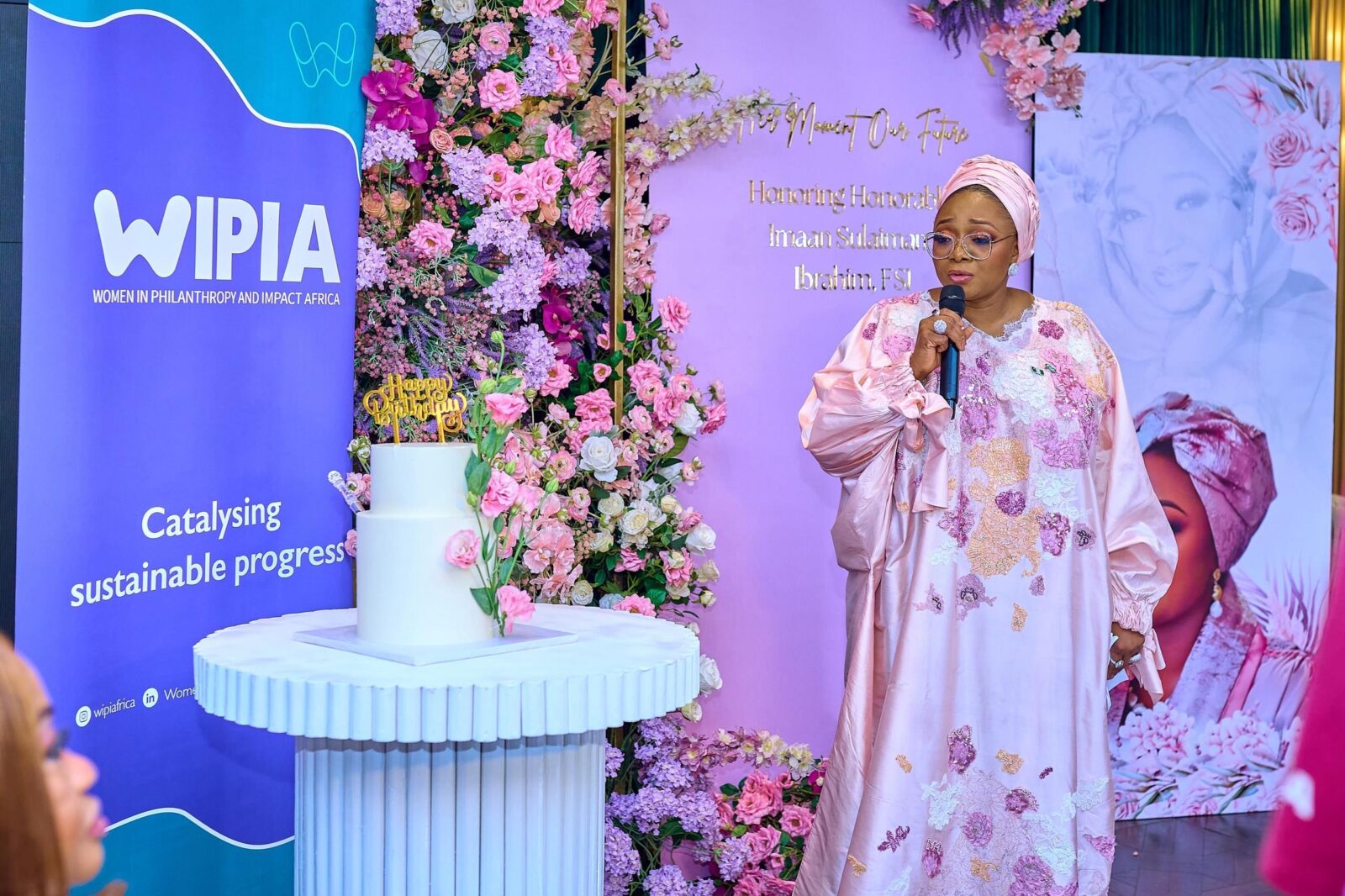


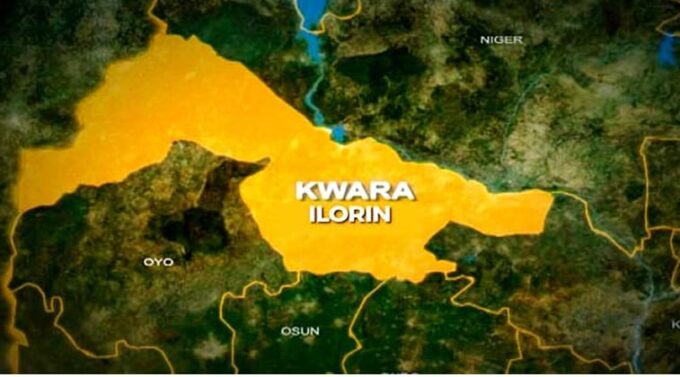


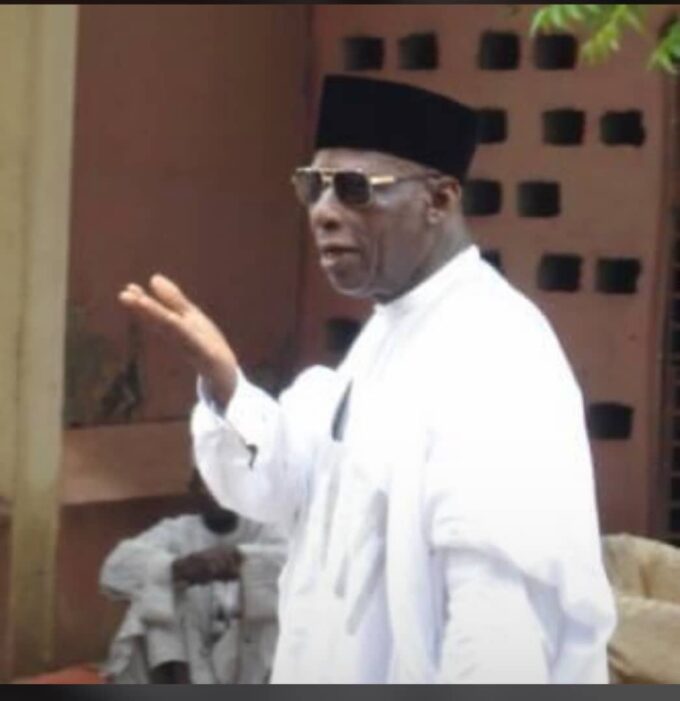
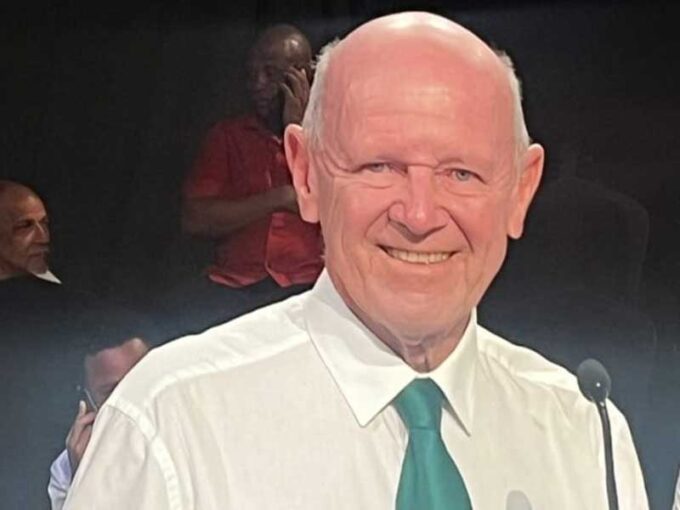
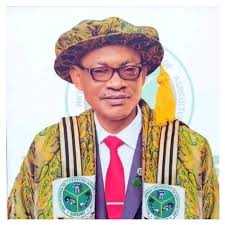
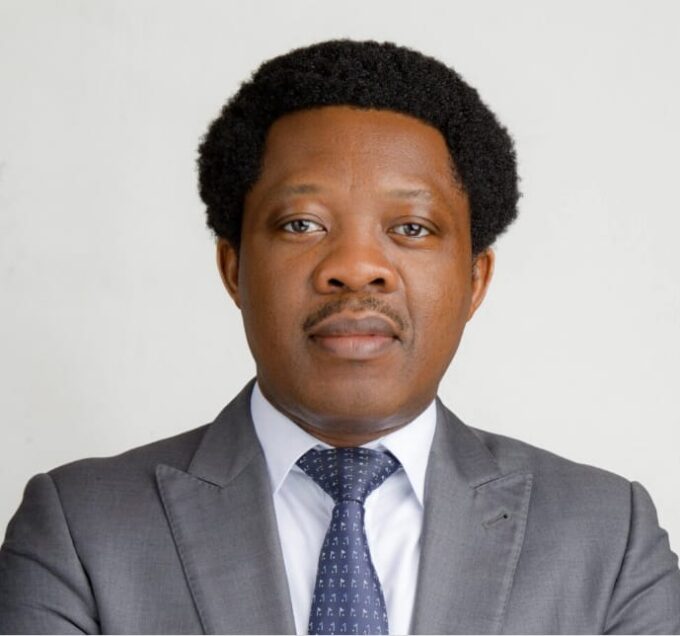




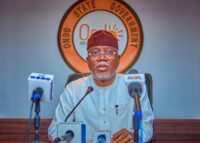
Leave a comment